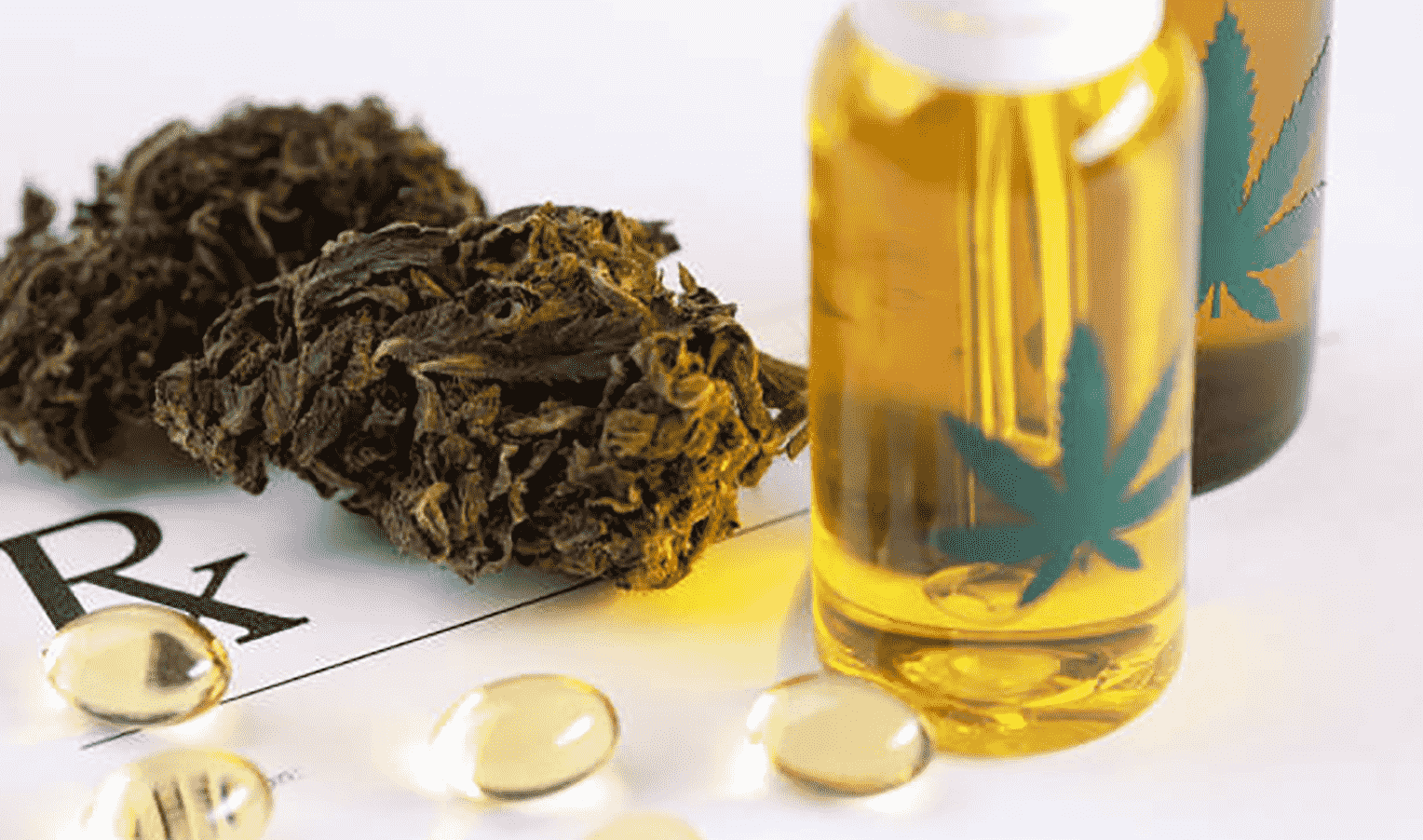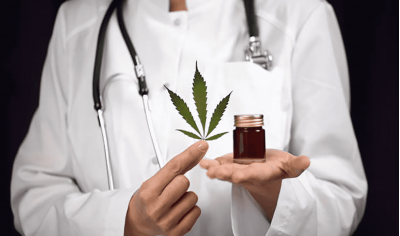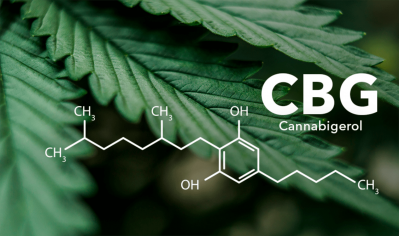The study confirms the effectiveness of cannabidiol for the treatment of epilepsy
Our scientists review dozens of studies and conclude that cannabidiol can reduce seizures in half of epilepsy patients and improve their quality of life.
Can hemp help in the fight against epileptic seizures in children? Some families rely on the drug to treat their children's epilepsy, and some parents even move to other states where medical marijuana is legal.
However, medical experts have expressed doubts about the use of the hemp derivative, cannabidiol, as a treatment for epilepsy without further evidence.
A meta-analysis published this week in the Journal of Neurology, Neurosurgery, and Psychiatry looked for clear evidence that cannabidiol is effective in treating epilepsy and can help reduce or stop seizures.
Researchers from Australia's National Drug and Alcohol Center, King's College London and other institutions reviewed data from 36 published studies on the treatment of epilepsy with cannabidiol (CBD).
Cannabidiol is one of about 200 compounds found in hemp or marijuana. However, this marijuana derivative does not lead to a narcotic state in the user, unlike tetrahydrocannabinol (THC).
Evidence for the Effectiveness of CBD: A Review of Research
Our team of scientists analyzed six randomized controlled trials and 30 observational studies.
Most studies included children with an average age of 16 years.
Based on the available research, we have found evidence that CBD can reduce seizures and improve quality of life in some patients with epilepsy.
The researchers concluded that the evidence suggests that taking CBD dramatically reduced the frequency of seizures in about half of the people who took it in the studies.
Based on two randomized controlled trials and 17 observational studies, scientists noted that CBD was associated with a marked reduction in seizures.
They also found that about 48 percent of people were able to achieve a 50 percent or greater reduction in seizures.
Most of the patients in the studies were children with catastrophic forms of epilepsy, such as Dravet syndrome or Lennox-Gastaut syndrome (LGS). These diseases can lead to severe disorders in young children, but are not the most common cause of epileptic seizures.
After analyzing 14 observational studies, the researchers also concluded that nearly 1 in 10 study subjects became seizure-free.
The most common side effects were somnolence, diarrhea, vomiting, and fever. These symptoms led some participants to withdraw from the study.
"In many cases, there was good quality evidence that cannabinoids reduce seizure frequency in some patients, improve other aspects of patients' quality of life, and are generally well tolerated with mild to moderate [side effects]," the study authors wrote.
The researchers are calling for more randomized controlled trials to better understand whether there are types of epilepsy that respond better to CBD, what dose should be used, and to confirm the findings that CBD helps reduce the frequency of seizures.
They also say more studies are needed in adults to see if these early findings are supported.
"Most of the studies in this review were observational and used self-report data, raising some concerns about possible patient selection and self-report bias," the authors noted. "This concern is particularly relevant for parent self-reports, most of which are self-selected and therefore may include only the most satisfied cannabinoid users."
What we don't know about CBD yet
Dr. Fred Lado, regional director of epilepsy at Northwell Health in New York, called the study released this week a "valuable contribution" to epilepsy research.
"There is some benefit for cannabidiol, at least in certain types of epilepsy, such as Dravet syndrome and Lennox-Gastaut syndrome," Lado noted in an interview with Healthline.
For other forms of epilepsy, Lado said the benefits of CBD remain less clear, but this study helps point out why more randomized controlled trials are needed to confirm early results.
"Analyzing the broad literature of experiences outside of these narrow types of epilepsy, they say, 'Yes, there may be some benefit.' It's hard to tell because of all the limitations of uncontrolled trials," Lado said.
He noted that more research, including double-blind, placebo-controlled trials, is needed to get reliable information about the benefits of CBD.
"To really know if you're really helping, you have to do very thorough research," he explained.
He pointed out that the researchers determined from the studies that "you need to treat 171 people to make one seizure-free, which is no more than what would happen with a placebo," he noted.
Lado said that while studies show some benefit from CBD, it probably isn't a silver bullet for stopping epilepsy. He added that serious side effects can occur, including drowsiness and changes in liver enzymes.
The findings about CBD "are very consistent with the seizure medications that we have. It's not a panacea," he said. "It's a tool, and in some cases it can be particularly useful, but it also comes with some risks."



Write a comment